Imagine if Louis XVI had successfully enacted reforms in France during the late 18th century. By addressing the grievances of the Third Estate, he could have prevented the French Revolution.
How would this have changed history? If France had avoided the chaos and violence of the revolution, it may have transformed into a thriving constitutional monarchy and altered the course of European history.
Addressing the Third Estate's Grievances
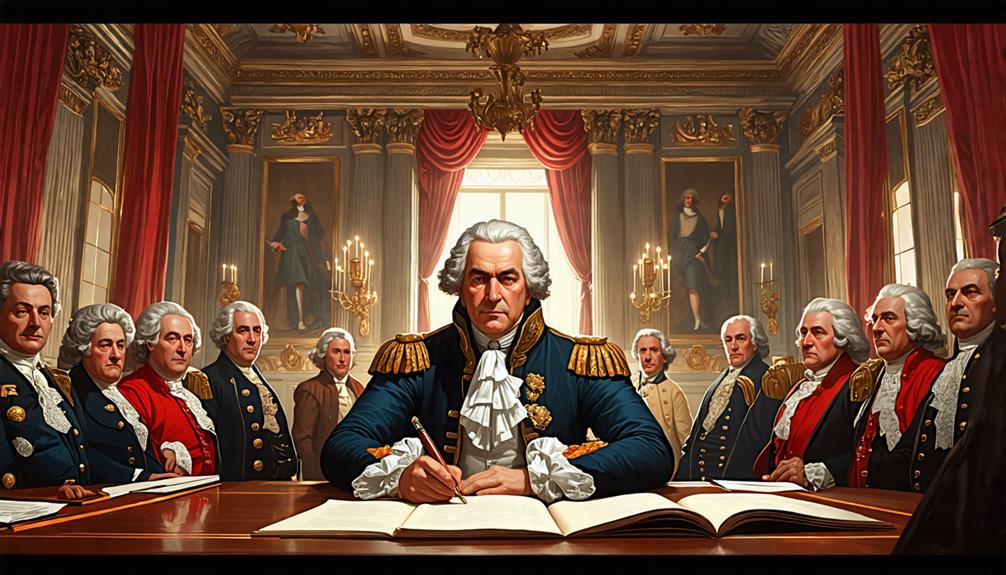
Had Louis XVI proactively addressed the Third Estate's grievances, it's possible the French Revolution mightn't have occurred when it did. One theory is that implementing tax reforms, improving representation, and boosting social mobility could have appeased the people and prevented the uprising.
However, it's also possible that these changes might've only delayed the revolution, as the underlying issues were deeply entrenched in French society.
Interestingly, Louis XVIII, who ruled France after Napoleon's defeat, did attempt some of these reforms during the Bourbon Restoration period. He granted a constitution, the Charter of 1814, which established a bicameral legislature and guaranteed certain rights to the people.
While these measures didn't prevent future unrest, they demonstrate that later monarchs recognized the importance of addressing the people's concerns.
Stabilizing France's Finances
If Louis XVI had managed to stabilize France's finances, it's possible the French Revolution could have been delayed or taken a different course. One theory is that by implementing more equitable taxation and reining in spending, popular resentment against the monarchy and aristocracy may have been diminished.
However, it's also possible that even with improved finances, the underlying desires for social and political reform would have eventually boiled over.
Napoleon Bonaparte did later implement some financial and administrative reforms as First Consul and Emperor of France in the early 1800s, though in a post-revolutionary context.
Modernizing the Political System
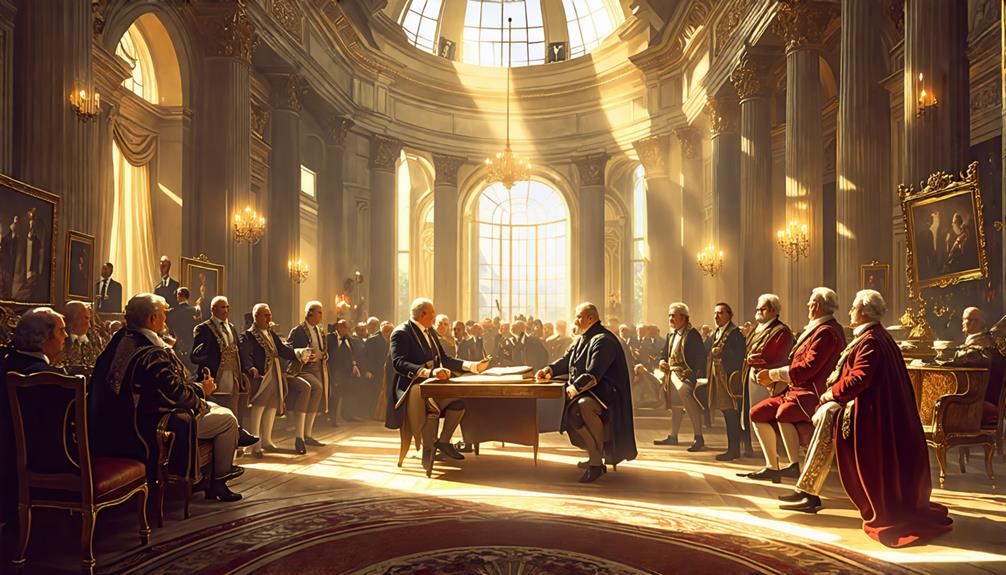
Had Louis XVI implemented gradual political reforms, it may have altered the course of the French Revolution. One theory is that shifting power from the monarchy and nobility to elected bodies like a parliament with expanded voting rights could have provided an outlet for the people's grievances.
However, it's also possible that these changes would have been seen as too little, too late by that point and the revolution may have still occurred, albeit in a different form.
Interestingly, a similar scenario played out nearly a century later during the reign of Napoleon III. In the 1860s, faced with growing opposition, he introduced a series of liberal reforms that loosened restrictions on the press and granted more power to the legislature.
While these measures did help prolong his rule for a time, they weren't enough to prevent his ultimate downfall and the establishment of the Third French Republic in 1870.
Transforming Into a Constitutional Monarchy
If Louis XVI had voluntarily reduced his absolute power and transformed France into a constitutional monarchy, it's possible that the French Revolution could have been avoided. One theory is that a power-sharing arrangement between the king and parliament, similar to England's system, would have satisfied many reformists while maintaining stability.
However, it's also conceivable that even with reforms, revolutionary fervor was too strong by that point to be quelled.
Interestingly, Louis XVIII did attempt to establish a constitutional monarchy after the fall of Napoleon in 1814. He issued the Charter of 1814 which set up a bicameral legislature, though the king retained significant powers.
This arrangement lasted, with some interruptions and modifications, until the 1848 Revolutions which ushered in the Second French Republic.
Impacts on European History
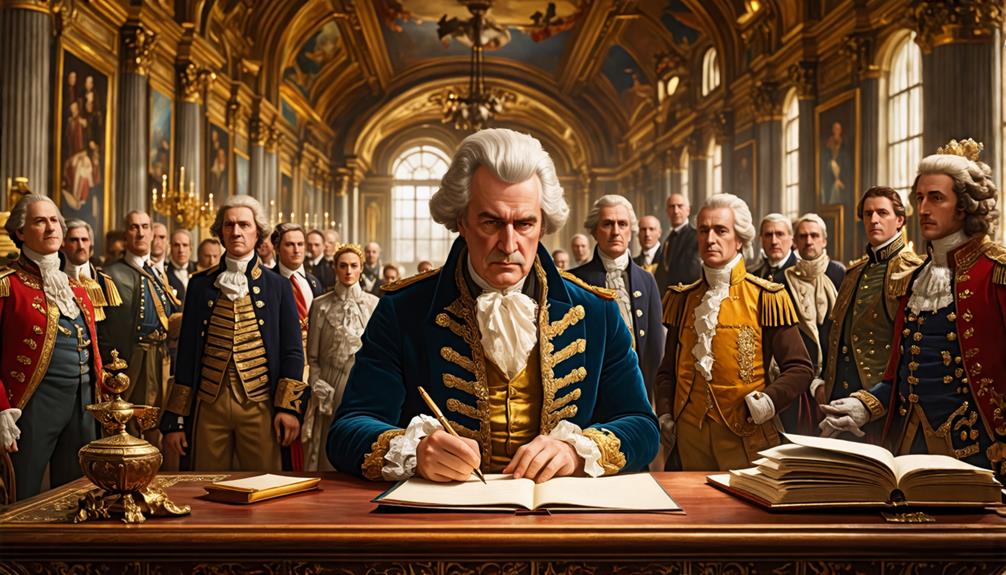
One theory is that if the French Revolution had been avoided, the spread of Enlightenment ideals across Europe could have been significantly delayed. This might've slowed the progress towards democracy in many European nations.
It's possible that France would have remained a dominant power in Europe, and without Napoleon's conquests, the political map of the continent could look quite different today.
However, it's also conceivable that a similar revolution might've occurred at a later date, led by different individuals, potentially leading to comparable outcomes.
Avoiding Revolutionary Chaos and Violence
Had Louis XVI implemented incremental changes and resolved the complaints of the French people, one theory is that the widespread turmoil and brutality of the French Revolution might've been averted.
It's possible that a more gradual transition away from the monarchy could have meant France avoiding the Reign of Terror's gruesome executions, angry mobs attacking the Bastille and Versailles, Robespierre's extreme purges, the September Massacres' senseless deaths, and years of social unrest, starvation, and war.
Some believe this alternate path may have led to a more stable and prosperous France in the 19th century.
However, it's difficult to know for certain, as the complex social, economic, and political factors driving the revolution may have been too entrenched for even a reform-minded monarch to overcome.
Interestingly, about 60 years later, Napoleon III, the nephew of Napoleon Bonaparte, did attempt a program of gradual reform and liberalization of the French Empire, but he was ultimately overthrown.
Potential Long-Term Consequences
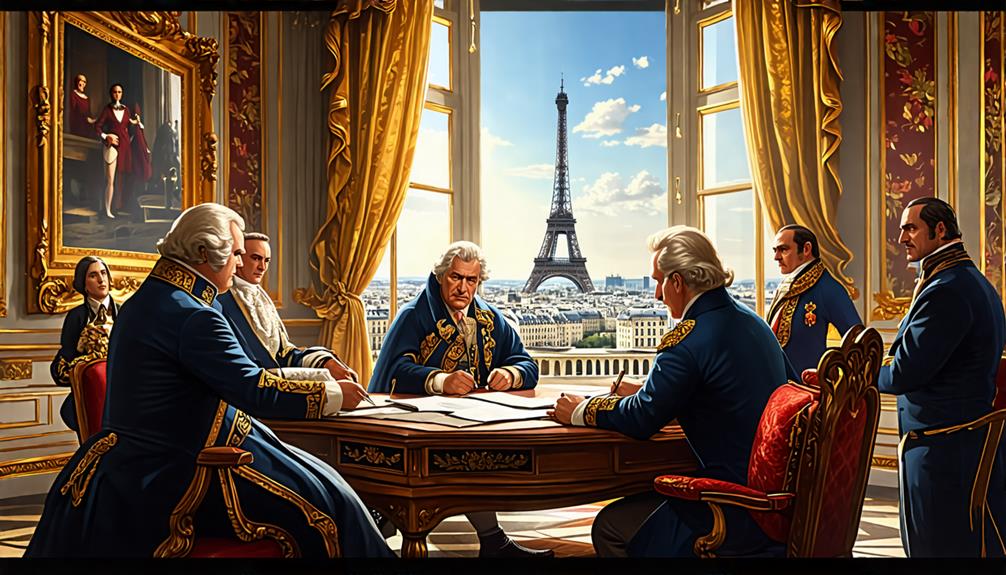
One theory is that if Louis XVI had successfully reformed France, it might've become a constitutional monarchy with power shared between the king and parliament. This could have led to gradual reforms, political stability, and moderate economic growth.
Alternatively, an enlightened absolutist approach could have concentrated power in the monarchy while directing economic development. It's also possible that reactionary forces might've pushed back against reforms, leading to more authoritarian rule and economic stagnation.
Interestingly, Napoleon Bonaparte did establish a French Empire in 1804 after rising to power in the aftermath of the French Revolution. So in a sense, a delayed version of this alternate history scenario involving a powerful French state did occur, although under very different circumstances than a reformed monarchy under Louis XVI.
Conclusion
Can you imagine how different Europe might look today if Louis XVI had successfully reformed France?
By addressing the people's grievances and modernizing the political system, he could've transformed France into a stable constitutional monarchy.
This would've altered the course of European history, potentially avoiding the chaos and violence of the French Revolution.
The long-term consequences are intriguing to contemplate – a more gradual spread of Enlightenment ideals and a drastically different political landscape.
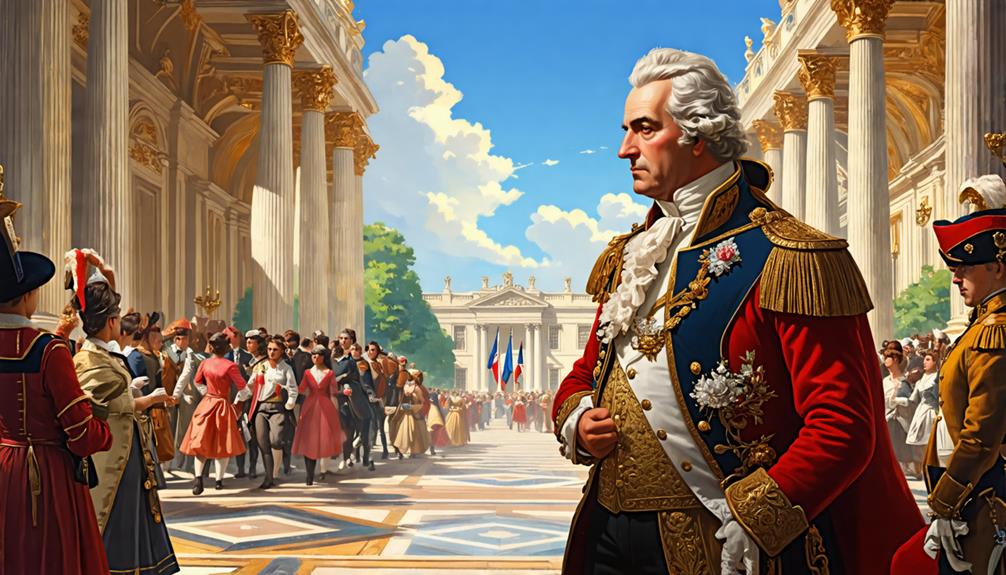
Leave a Reply